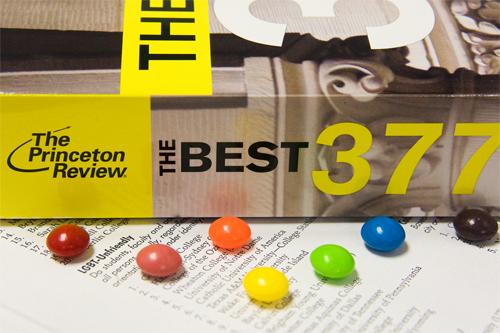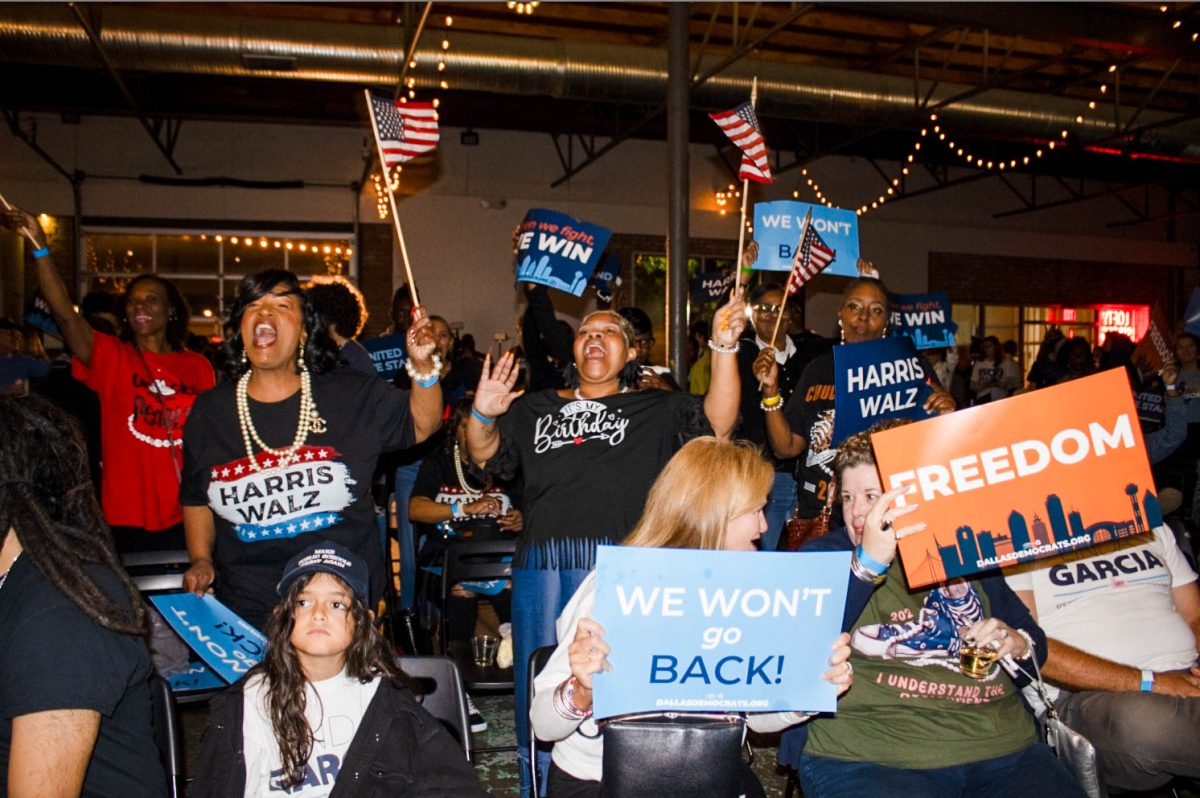
The George W. Bush Presidential Center will include a library, museum and public policy institute. (Rebecca Keay / The Daily Campus)
With the official dedication of the George W. Bush Presidential Center taking place next month, much of SMU and the surrounding Dallas community have turned its attention to the coming opportunities.
However, at the same time, many have deep reservations regarding one-third of the center-the public policy institute.
Cal Jillson, professor in SMU’s political science department, said that the Bush Institute is the “unusual part of the Bush operation at SMU.”
“Most presidential library establishments have a presidential library, presidential museum and a policy school,” Jillson said.
He explained that “when SMU bid for the Bush Library, that’s what the university offered to house,” much like most all other presidential centers, citing University of Texas’ LBJ Center and Kennedy’s dedication at Harvard University. The SMU Bush Center strays from such.
“The Bush people said, ‘we want an institute with our own people under our control,'” Jillson said. “It has a public policy think tank under the control of the Bush Institute, as opposed to being directly under the control of the university.”
While “the Bush Institute people say it will be nonpartisan,” Jillson doesn’t believe that.
“Clearly, the idea of wanting a think tank under the control of the Bush Institute was so that they would be able to conduct the kinds of studies into the issues they want,” Jillson said.
“It’s hard to imagine that that will be the case, given that the people who are engaged in constructing and overseeing it were close to President Bush during his administration.”
Questions around “academic freedom” then arise, in regards to the fact that all takes place at the university, where there is “full-time faculty with a range of responsibilities in teaching, research and service” each with their own “academic pursuits” and directions.
“To plop a public policy institute down in the middle of campus where people are hired to pursue full-time perhaps their interest in light of the needs of the Bush Institute to support the former President’s record is an unusual thing and will cause tensions,” Jillson said.
According to Jillson, because “the regents and major donors are overwhelmingly republican,” the university “decided long ago that it was going to have to swim in that sea.”
Many ask then if such a decision clouds further decisions made by SMU.
Jillson asserted that “a more confident and mature institution would have bargained much harder” for the standard school of public policy.
“The university was under great pressure from the regents that have a lot of Bush acolytes on it to close this deal on whatever terms were required,” Jillson said.
Jillson’s concerns are not to be misinterpreted-he believes that “the Bush Presidential Library and museum are entirely good” not only for the university and region, but also for the country. Jillson said they provide “a depository of materials for which scholars and students can go to.”
It is the fact that the Bush Institute will be “significantly outside the standard control of the university” that Jillson, as well as several other professors, finds most concern in.
“How the Bush Institute pursues its agenda, its studies, and the kinds of findings and programs it operates will be judged by a broader public, either as credible or not credible,” Jillson said. “And if they’re unduly partisan, they will be judged [as not credible].”
Because SMU’s “connection is so direct” to the institute, the university runs the legitimate risk of falling to criticism alongside the institute. It rests on the possibility of the public policy product being “reactionary” rather than purely, academically unbiased, according to Jillson.
“SMU has permitted a policy institute on its grounds and will not have control over the operations,” Jillson said. “We [SMU] are, to some extent, hostage as to how those programs are conducted.”















